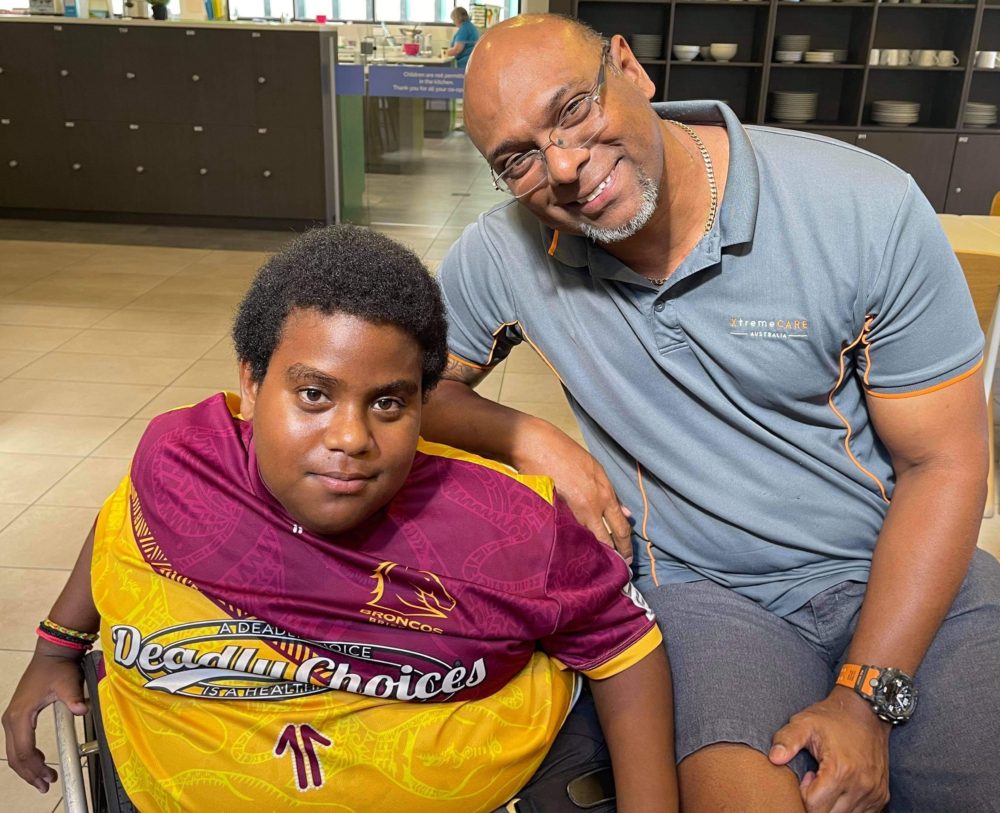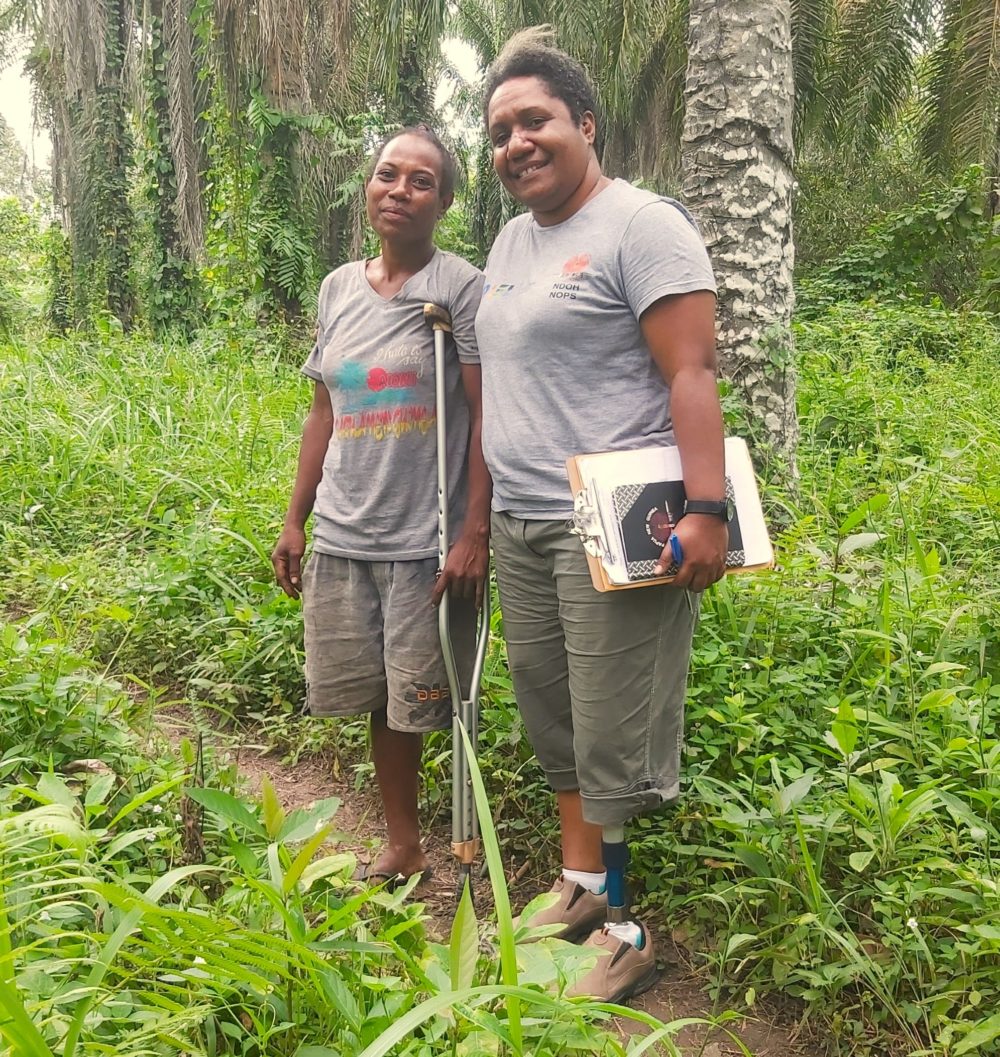By Neena Bhandari
Sydney, 27.05.22 (HireUp): Aboriginal and Torres Strait Islander people are twice as likely to experience disability, and more likely to experience increased barriers to accessing disability supports compared to non-indigenous Australians. In this first of the three articles, Indigenous service providers share the many challenges they face in delivering disability services and supports to their communities in remote, regional and rural areas.
“Many people in rural and remote Indigenous communities still do not know about the National Disability Insurance Scheme (NDIS) and its role and functions in disability care,” says William Tatipata, Managing Director of Xtremecare Australia, an Aboriginal and Torres Strait Islander disability service. “We begin with making them aware of the scheme [how to apply and obtain a disability assessment] and then educating them on the supports and services the scheme offers.”
Tatipata says, “Our people are confused around what services and supports are covered by ‘health’ and what falls under the NDIS. If a diabetic person requires a new diabetes monitor, for example, it is covered by ‘health’. But if the participant’s motor skills are impaired, the NDIS will fund the monitor following a functionality assessment by an occupational therapist.”



